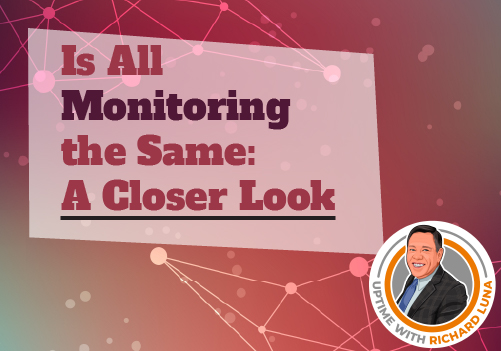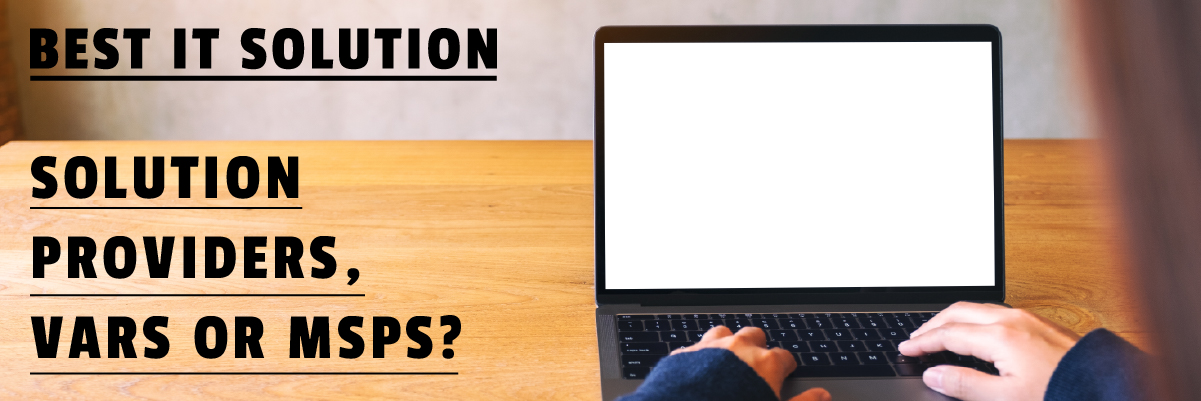Protected Harbor Achieves SOC 2 Accreditation

Protected Harbor Achieves SOC 2 Accreditation
Third-party audit confirms IT MSP Provides the Highest Level
of Security and Data Management for Clients
Orangeburg, NY – February 20, 2024 – Protected Harbor, an IT Management and Technology Durability firm that serves medium and large businesses and not-for-profits, has successfully secured the Service Organization Control 2 (SOC 2) certification. The certification follows a comprehensive audit of Protected Harbor’s information security practices, network availability, integrity, confidentiality, and privacy. To meet SOC 2 standards, the company invested significant time and effort.
“Our team dedicated many months of time and effort to meet the standards that SOC 2 certification requires. It was important for us to receive this designation because very few IT Managed Service Providers seek or are even capable of achieving this high-level distinction,” said Richard Luna, President and Founder of Protected Harbor. “We pursued this accreditation to assure our clients, and those considering working with us, that we operate at a much higher level than other firms. Our team of experts possesses advanced knowledge and experience which makes us different. Achieving SOC 2 is in alignment with the many extra steps we take to ensure the security and protection of client data. This is necessary because the IT world is constantly changing and there are many cyber threats. This certification as well as continual advancement of our knowledge allows our clients to operate in a safer, more secure online environment and leverage the opportunities AI and other technologies have to offer.”
 The certification for SOC 2 comes from an independent auditing procedure that ensures IT service providers securely manage data to protect the interests of an organization and the privacy of its clients. For security-conscious businesses, SOC 2 compliance is a minimal requirement when considering a Software as a Service (SaaS) provider. Developed by the American Institute of CPAs (AICPA), SOC 2 defines criteria for managing customer data based on five “trust service principles” – security, availability, processing integrity, confidentiality, and privacy.
The certification for SOC 2 comes from an independent auditing procedure that ensures IT service providers securely manage data to protect the interests of an organization and the privacy of its clients. For security-conscious businesses, SOC 2 compliance is a minimal requirement when considering a Software as a Service (SaaS) provider. Developed by the American Institute of CPAs (AICPA), SOC 2 defines criteria for managing customer data based on five “trust service principles” – security, availability, processing integrity, confidentiality, and privacy.
Johanson Group LLP, a CPA firm registered with the Public Company Accounting Oversight Board, conducted the audit, verifying Protected Harbor’s information security practices, policies, procedures, and operations meet the rigorous SOC 2 Type 1/2 Trust Service Criteria.
Protected Harbor offers comprehensive IT solutions services for businesses and not-for-profits to transform their technology, enhance efficiency, and protect them from cyber threats. The company’s IT professionals focus on excellence in execution, providing comprehensive cost-effective managed IT as well as comprehensive DevOps services and solutions.
To learn more about Protected Harbor and its cybersecurity expertise, please visit www.protectedharbor.com.
What is SOC2
SOC 2 accreditation is a vital framework for evaluating and certifying service organizations’ commitment to data protection and risk management. SOC 2, short for Service Organization Control 2, assesses the effectiveness of controls related to security, availability, processing integrity, confidentiality, and privacy of customer data. Unlike SOC 1, which focuses on financial reporting controls, SOC 2 is specifically tailored to technology and cloud computing industries.
Achieving SOC 2 compliance involves rigorous auditing processes conducted by independent third-party auditors. Companies must demonstrate adherence to predefined criteria, ensuring their systems adequately protect sensitive information and mitigate risks. SOC 2 compliance is further divided into two types: SOC 2 Type 1 assesses the suitability of design controls at a specific point in time, while SOC 2 Type 2 evaluates the effectiveness of these controls over an extended period.
The SOC 2 certification process involves several steps to ensure compliance with industry standards for handling sensitive data. Firstly, organizations must assess their systems and controls to meet SOC 2 requirements. Next, they implement necessary security measures and document policies and procedures. Then, a third-party auditor conducts an examination to evaluate the effectiveness of these controls. Upon successful completion, organizations receive a SOC 2 compliance certificate, affirming their adherence to data protection standards. This certification demonstrates their commitment to safeguarding client information and builds trust with stakeholders.
By obtaining SOC 2 accreditation, organizations signal their commitment to maintaining robust data protection measures and risk management practices. This certification enhances trust and confidence among clients and stakeholders, showcasing the organization’s dedication to safeguarding sensitive data and maintaining regulatory compliance in an increasingly complex digital landscape.
Benefits of SOC 2 Accreditation for Data Security
Achieving SOC 2 accreditation offers significant benefits for data security and reinforces robust information security management practices. This accreditation demonstrates a company’s commitment to maintaining high standards of data protection, ensuring that customer information is managed with stringent security protocols. The benefits of SOC 2 accreditation for data security include enhanced trust and confidence from clients, as they can be assured that their data is handled with utmost care. Additionally, it provides a competitive edge, as businesses increasingly prefer partners who can guarantee superior information security management. Furthermore, SOC 2 compliance helps in identifying and mitigating potential security risks, thereby reducing the likelihood of data breaches and ensuring regulatory compliance. This not only protects sensitive information but also strengthens the overall security posture of the organization.
About Protected Harbor
Founded in 1986, Protected Harbor is headquartered in Orangeburg, New York just north of New York City. A leading DevOps and IT Managed Service Provider (MSP) the company works directly with businesses and not-for-profits to transform their technology to enhance efficiency and protect them from cyber threats. In 2024 the company received SOC 2 accreditation demonstrating its commitment to client security and service. The company clients experience nearly 100 percent uptime and have access to professionals 24/7, 365. The company’s IT professionals focus on excellence in execution, providing comprehensive cost-effective managed IT services and solutions. DevOps engineers and experts in IT infrastructure design, database development, network operations, cybersecurity, public and cloud storage and services, connectivity, monitoring, and much more. They ensure that technology operates efficiently, and that all systems communicate with each other seamlessly. For more information visit: https://protectedharbor.com/.






